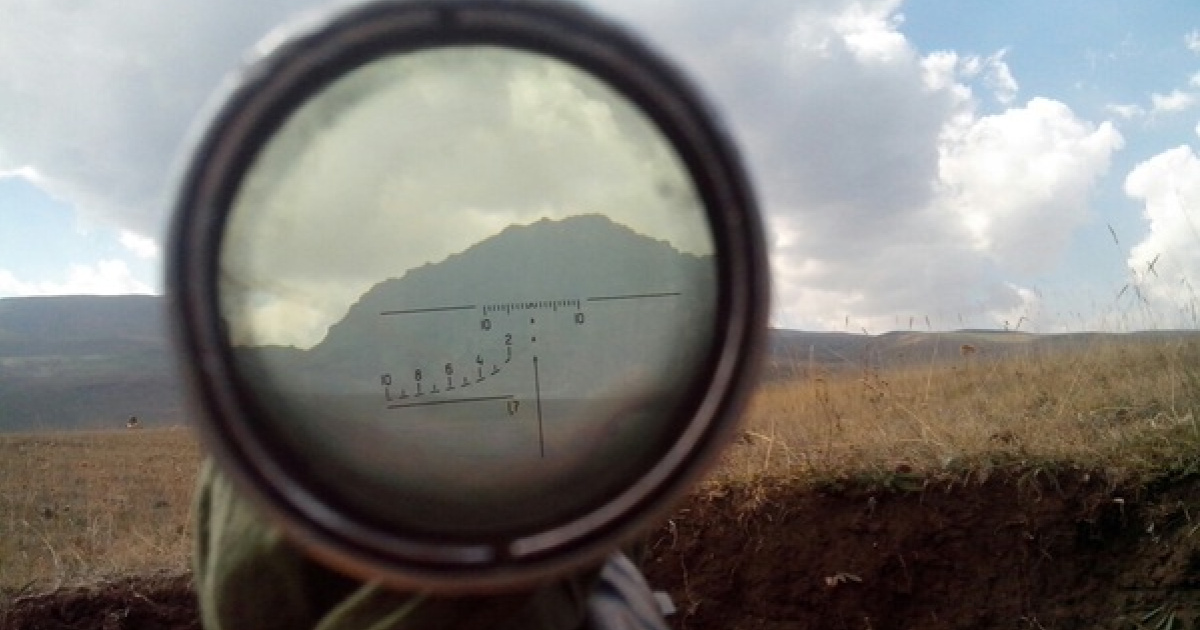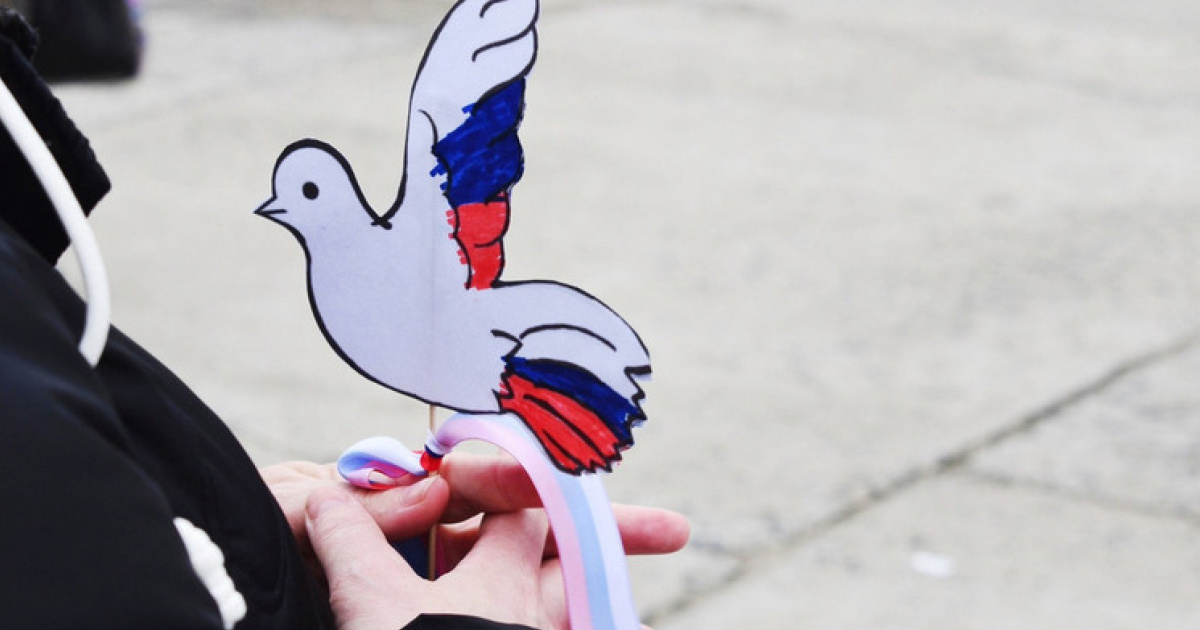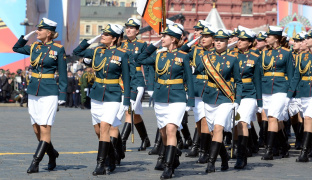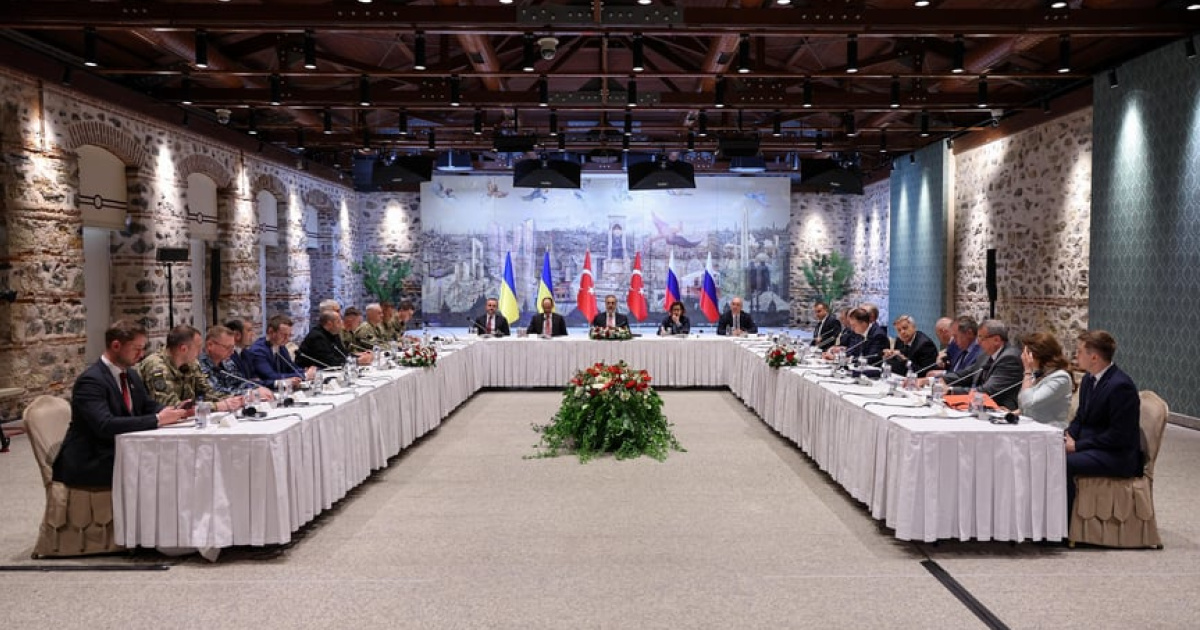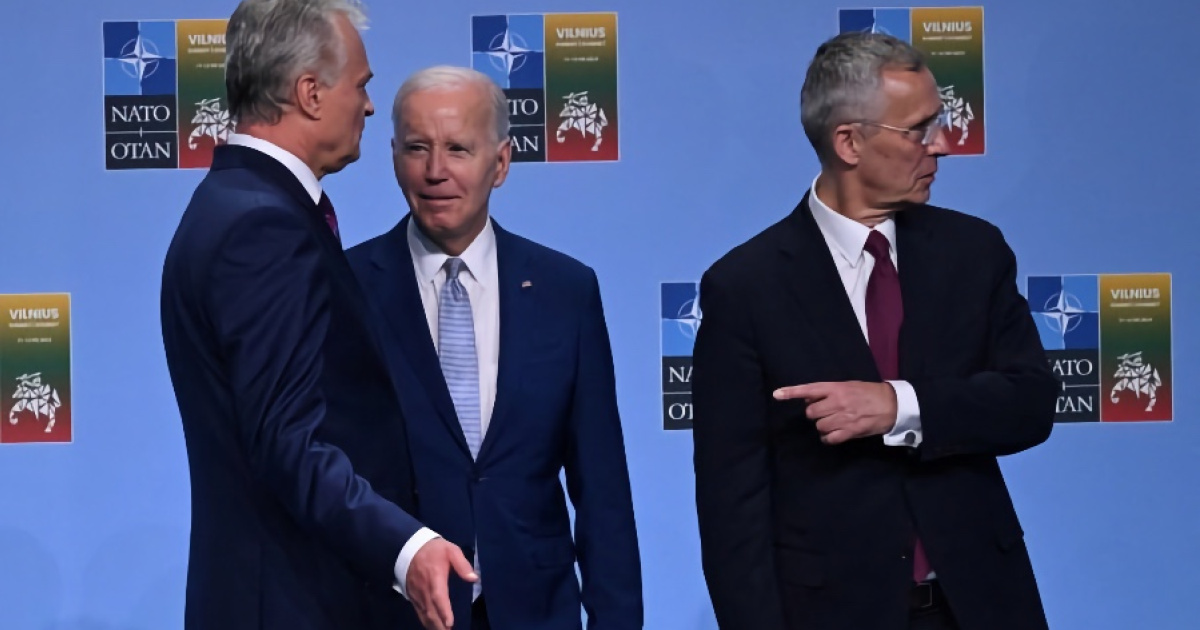
The main problem with our partners in NATO, which has now been vividly manifested and confirmed, is not that they don't want to see us in the Alliance, but rather WHY they don't want to see us there.
And the reason is that they fear being drawn into a war with russia. However, we are simply asking for a clear signal now, while the actual accession would take place AFTER the war! And this is where the masks fall off. Berlin and Washington are not satisfied with this option because they understand that even if the Ukrainian Armed Forces regain control of the borders from 1991, it does not mean the end of the war. It is unlikely that russia will simply give up the Ukrainian territories, which it has already claimed as its own in its constitution.
In other words, the only possible victory for Ukraine is the transformation of russia itself or the depletion of its military resources to such a degree that it becomes incapable of waging war. This would inevitably lead to the transformation of the empire. However, the United States and Germany (as well as France, which is currently playing the role of the "good cop" and several other NATO countries) fear Ukraine's victory more than putin's victory.
These are phantom fears of the emergence of a zone of instability following the Yugoslav model, intensified by the nuclear factor. These fears are irrational because it would be more appropriate to fear the current situation rather than what may or may not happen in future.
This gives rise to the problem of NATO's duality regarding the outcome of the russo-Ukrainian war. On the one hand, the Alliance's leaders do not want Ukraine to lose the war and are doing everything to prevent it. But on the other hand, they fear the only possible victory that could truly ensure long-term peace – the fall of putin's regime and the transformation of russia. And if they fear it, they are not striving for such a victory.
So, what are they striving for? Not for Ukraine's victory, but for the STABILIZATION of the conflict – the "cessation of hostilities". We have already experienced this; it is perhaps the most commonly used phrase on the sidelines of the Minsk process.
Stabilization could resemble the Korean or Minsk models. And for that, putin needs to be given some kind of incentive that would allow him to pursue a COMPROMISED peace while saving face. Ukraine's non-membership in NATO is the sweetest of all possible incentives because territorial concessions are unacceptable to Kyiv. And in the case of NATO, Kyiv has no control over the decision.
That's why they don't invite us to join NATO even AFTER THE WAR. Because such an invitation would mean the IMPOSSIBILITY of future negotiations with russia for a COMPROMISE (and therefore temporary) peace.
Conclusion: the main problem is not that we are not invited to NATO, but that there is NO UNIFIED VISION OF DEFEATING RUSSIA in the West. Although there is only one possible outcome for real defeat. And if they don't set such a goal for themselves, they do not STRIVE for it. In other words, they are not striving for our real victory.
An incorrectly defined goal will inevitably lead to the wrong result. A compromise peace is a war prolonged in time and number of casualties. Ukraine may not cease to exist as a result of military defeat, but due to human losses, population outflow, economic degradation, internal political processes and the exacerbation of nationalist and radical sentiments. It seems that moscow understands this well, actively pushing us towards the Korean scenario, but this is not taken into account in the West.
We and russia are too big and too different. We are not a divided nation like in Korea. Our struggle is not for territory or ideology — it is existential! It's either us or russia—someone has to fall, there can be no other end to the war.
Our partners need to determine not Ukraine's membership in NATO. They need to decide on the ultimate goal of this war for them: the VICTORY of Ukraine or the STABILIZATION of the conflict and its recurrence in the future? Preserving the sovereignty of Ukraine or preserving the totalitarian russian empire? Fighting against the existing danger or the one that may or may not arise in future? Punishing the aggressor or creating opportunities and incentives for a new war? Because you cannot arrive to the place where you are not heading.
Serhiy Harmash, Research Center of Donbas Social Perspectives
